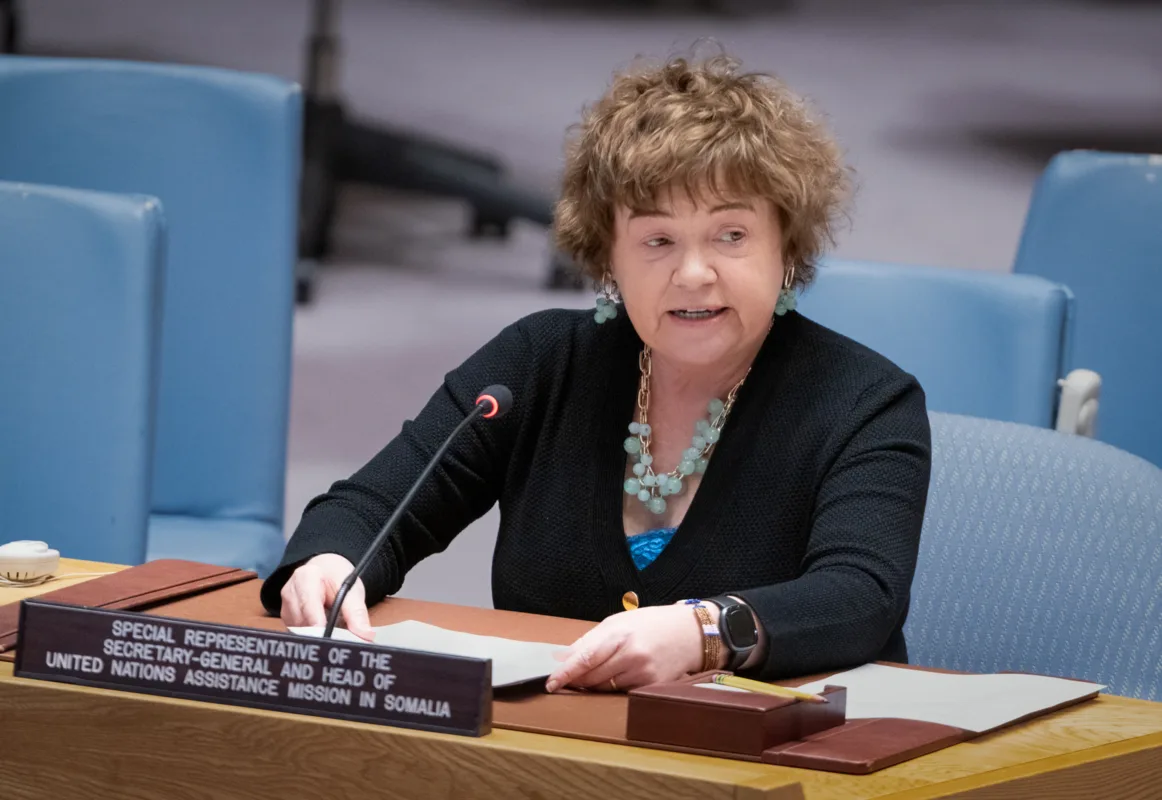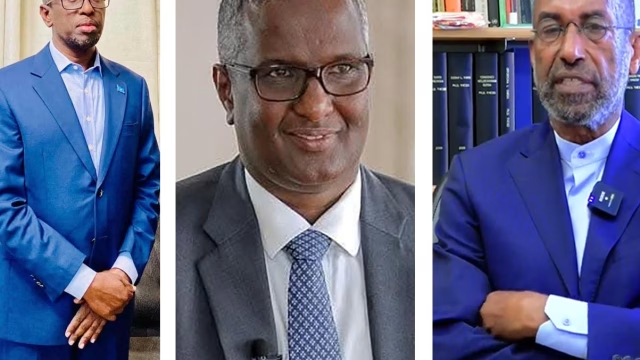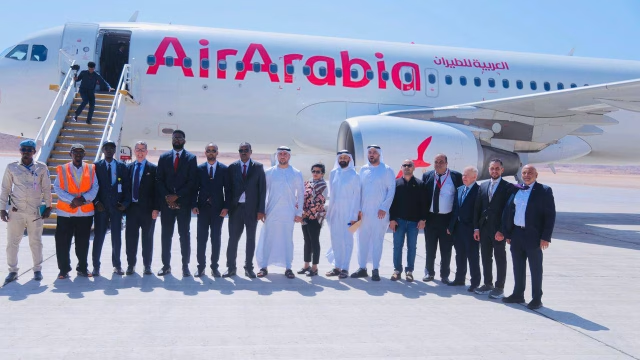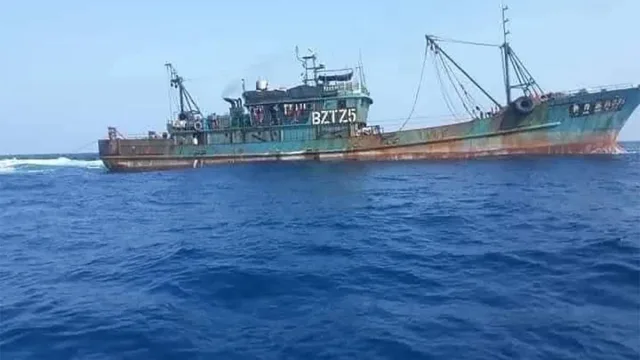In a recent update provided by the UN Special Representative Catriona Laing to the Security Council…

In a recent update provided by the UN Special Representative Catriona Laing to the Security Council on the situation in Somalia, a nuanced picture emerges of both progress and ongoing challenges in the country’s state-building efforts.
Positive Developments:
Somalia completed the Highly Indebted Poor Countries (HIPC) debt relief process, marking a significant milestone in its economic recovery, secured the lifting of the arms embargo. Additionally, the country gained admission to the East African Community, signaling increased regional integration and potential economic benefits.
Puntland state of Somalia held peaceful elections, with President Hassan Sheikh Mohamud attending the inauguration of President Said Abdullahi Deni for a second term. This peaceful transition of power is a positive step towards stability and democratic governance.
The government has made strides in countering the terrorist group Al-Shabaab, particularly in the south and east of Galmudug state. Efforts to deliver basic services in newly recovered areas show progress in stabilizing these regions.
The approval of the Offences of Rape and Indecency Bill by the cabinet represents a step forward in addressing gender-based violence and protecting the rights of women and children.
Challenges:
Consensus on the electoral framework for national elections remains elusive, with debates ongoing over the proposed new electoral model. The need for an inclusive and realistic plan to ensure the momentum towards One-Person, One-Vote (OPOV) elections is maintained is emphasized.
Tensions persist over the agreement between Ethiopia and “Somaliland,” with concerns raised about its implications for Somalia’s sovereignty and unity. The situation in Laascaanood also raises alarm, highlighting the importance of constructive dialogue to address regional tensions.
Despite efforts to promote women’s participation in political life, under-representation of women in decision-making roles continues to be a challenge, particularly highlighted by the low number of women elected in Puntland.
The humanitarian situation remains dire due to the impacts of drought and flooding, affecting millions of vulnerable people in Somalia and requiring continued international support.
Funding shortfalls hinder the operations of both the UN and the African Union (AU) in Somalia, threatening the sustainability of ongoing efforts in the country.
Looking Ahead:
Somalia has requested a new, smaller AU mission and an evolved UN logistics support package to strengthen national capacity and support ongoing state-building efforts.
The UN emphasizes the need for continued international support and collaboration to address the complex challenges facing Somalia’s state-building process. Sustained engagement from the international community is crucial to ensure that the progress made is consolidated and that Somalia can overcome its remaining challenges.
Overall, while Somalia has made significant strides in its state-building efforts, the road ahead remains challenging. Continued commitment and support from the international community will be essential to navigate these challenges and build a stable, prosperous future for Somalia and its people.
Horseed Media


